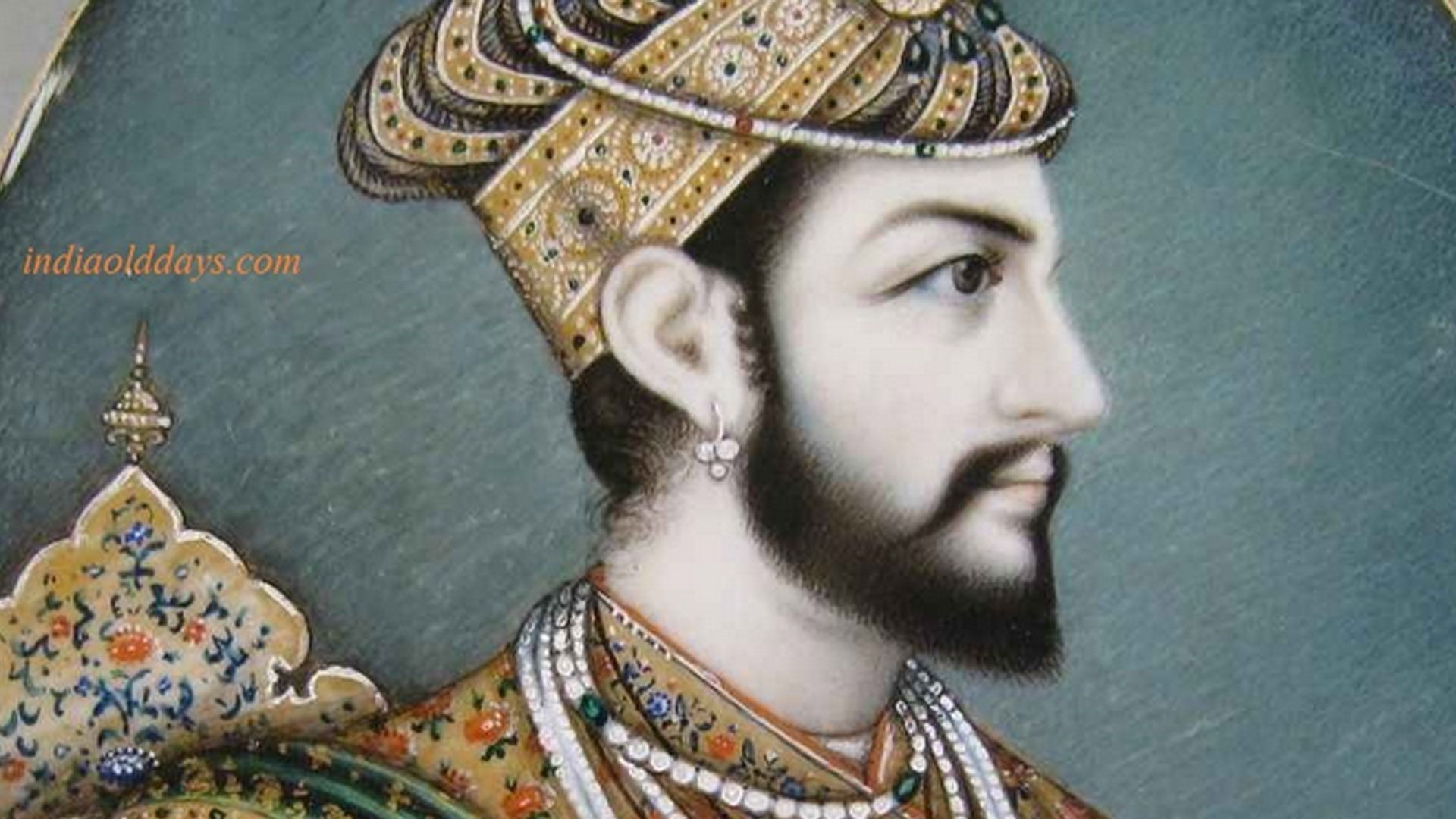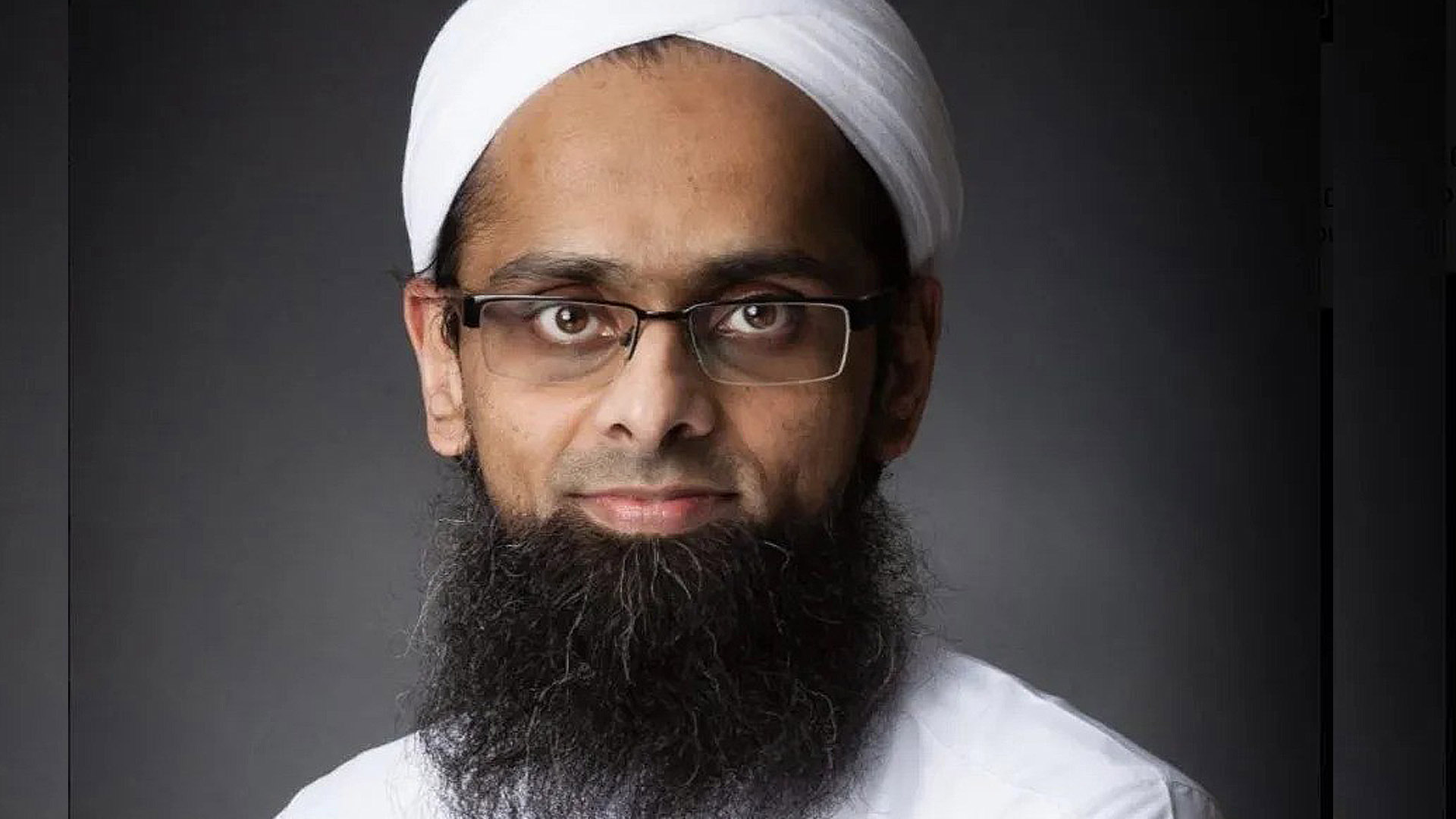
Ghazali Khan
Having reaped the benefits of polarising politics by portraying Muslim rulers, especially Mughal emperor Babar as a Hindu killer, India’s Hindu supremacist party, the Bharatiya Janata Party (BJP), is now using his great-grandson, the sixth ruler in Mughal dynasty, Aurangzeb (1618–1707), to reignite communal clashes and maintain tensions until the next election.
After demolishing the Babri Mosque 32 years ago, on December 6, 1992, and claiming to be the saviours of Hindus in India, the party now seek to destroy a simple grave of Aurangzeb in the western state of Maharashtra.
Historians describe the 17th-century Emperor, who ruled for fifty years—the longest reign over centuries—as an orthodox and puritanical ruler, but a man of complex personality. He is praised for his military prowess but criticised for some of his extremist policies, viewed as anti-Hindu.
While he destroyed some Hindu temples—which some historians say were pulled for purely political reasons—he also gave grants to others. He is also described as having the largest representation of Hindus in his government. Historians cite a number of Hindu temples to which Aurangzeb granted grants and lands.
The Emperor lived a life of austerity, and in his will, he requested a simple burial with minimal expenses, specifically mentioning that his grave should be modest and built using the earnings he had made from sewing caps and copying the Qur’an. “I have not been able to do anything good in life. I came as a stranger and leave as a stranger. I know not who I am, nor what I have been doing,” he wrote in his will.
Following the release of a controversial Bollywood film about Maratha King Shivaji—who remained at odds with the Emperor, fought several battles against him, and is projected by the Hindutva lobby as the saviour of Hindus in India—one of Shivaji’s descendants demanded the removal of Aurangzeb’s grave. However, he did not specify where he intended to relocate the grave. The film also ignited anti-Muslim sentiments, resulting in protests and communal clashes.
Aggravating the situation further, Maharashtra’s Chief Minister, Devendra Fadnavis, supported the demand for the removal of Aurangzeb’s grave but emphasized that, since the grave is maintained by the Archaeological Survey of India, the process should be carried out legally.
Despite clear historical evidence that the wars between Shivaji and Aurangzeb were not religious—given that Shivaji’s commander-in-chief was a Muslim, as was Aurangzeb’s—Hindutva groups continue to frame these conflicts as religious to suit their politics of hate.
On March 17, 2025, Hindutva groups organised a protest demanding the removal of Aurangzeb’s grave, during which they burned a symbolic coffin of Aurangzeb inscribed with Qur’anic verses. A counter-protest by Muslims over the desecration of Qur’anic verses led to clashes, violence, and arson.
The politics of anti-Muslim hatred is being viciously enforced in BJP-ruled Indian states under a variety of pretexts and through various measures, including the crackdown on madrasas, the demolition of Muslim homes and mosques, the forced removal of Hijabs from Muslim girls in schools and colleges, and the imposition of the so-called Uniform Civil Code—effectively stripping them of their right to be governed by Muslim laws in matters of marriage, inheritance, and other personal affairs. This right has been guaranteed by the Indian Constitution and has been in practice since British rule.
Incidents of lynching against lone Muslim passengers on trains or those simply going about their daily business on streets continue unabated, with the perpetrators rarely brought to justice. Just to give an example of anti-Muslim hatred at the highest level, on February 18, Uttar Pradesh Chief Minister, Yogi Adityanath, even went on the floor of the assembly as far as referring to Urdu as the language of “kat mullas” or extremists.
While BJP-led state governments relentlessly persecute Muslims at the local level, the central government is working to deprive the Muslim community of its right to govern and manage Waqf properties—lands and assets worth millions of dollars, donated by their ancestors over centuries—through the Waqf (Amendment) Bill, 2024.
These properties include mosques, madrasas, shelter homes, and thousands of acres of land, all managed by the Waqf Board. If the government succeeds, which appears likely, in amending the existing Waqf Act of 1995, the ownership of mosques, shrines, madrasas, and graveyards will be significantly impacted.
On March 17, 2025, under the banner of the All India Muslim Personal Law Board—a federation of Muslim organizations representing India’s Muslim community on religious matters—thousands of Muslims protested in Delhi against the proposed Waqf Bill.
While global attention remains focused on Gaza and Ukraine, India’s Hindutva-led government appears determined to push forward with its amendment, seeking to reassure majority Hindu voters that it has avenged the alleged atrocities—many of which are grossly exaggerated or fabricated—of 800 years of Muslim rule.
If the government succeeds in amending the Waqf Bill, Muslims plan to approach the court. However, whether they will succeed in court is a big question, given the recent history of the Supreme Court delivering brazenly pro-Hindutva judgments, including in the Babri Mosque case.
On February 11, it went as far as ruling in a case that calling someone “Pakistani” or “Miyan-Tiyan”—terms often used derogatorily against Muslims—may be in poor taste but does not constitute a criminal offense or hurt religious sentiments.
The writer is a freelance journalist and a blogger in English and Urdu and edits ghazalikhan.com.

